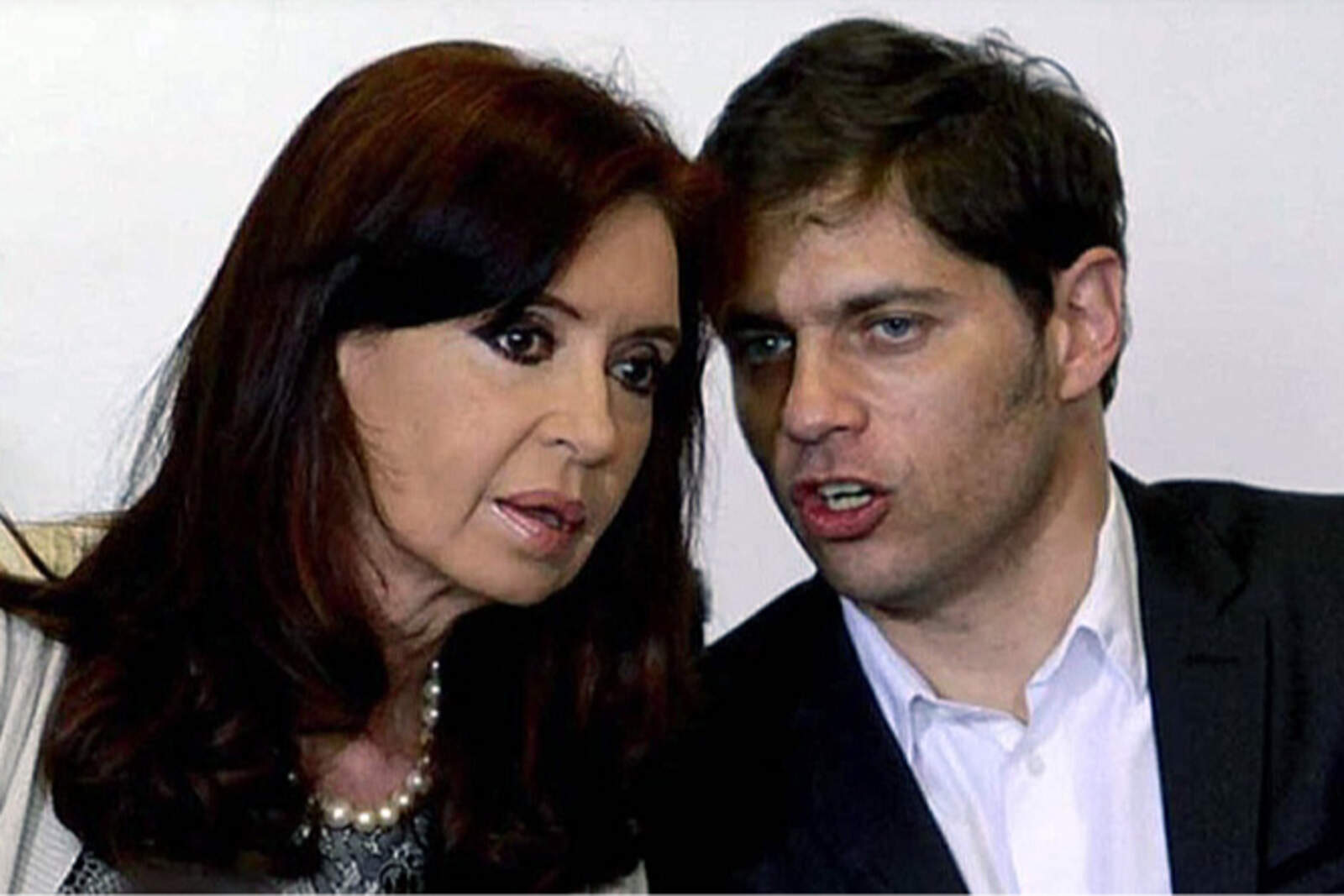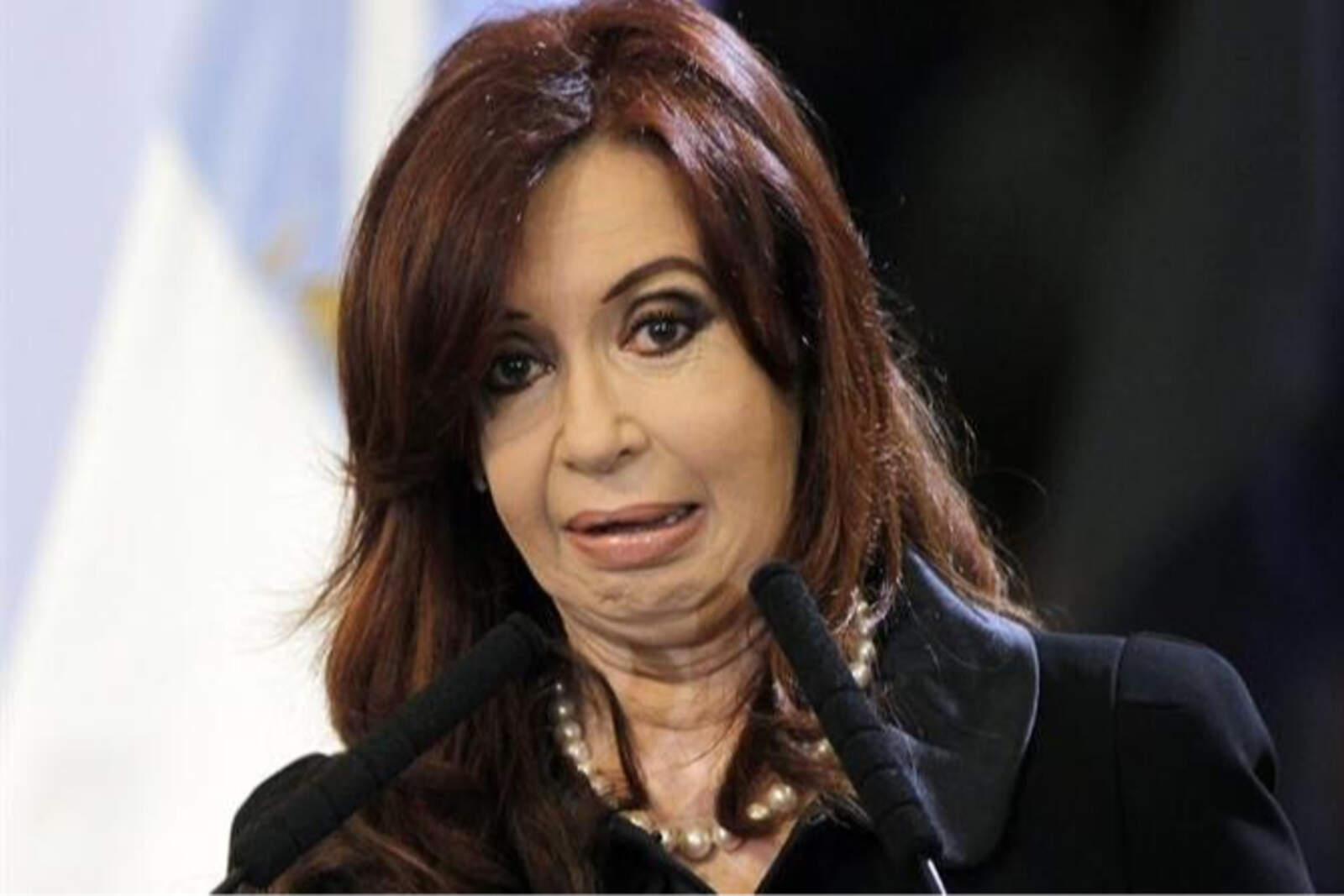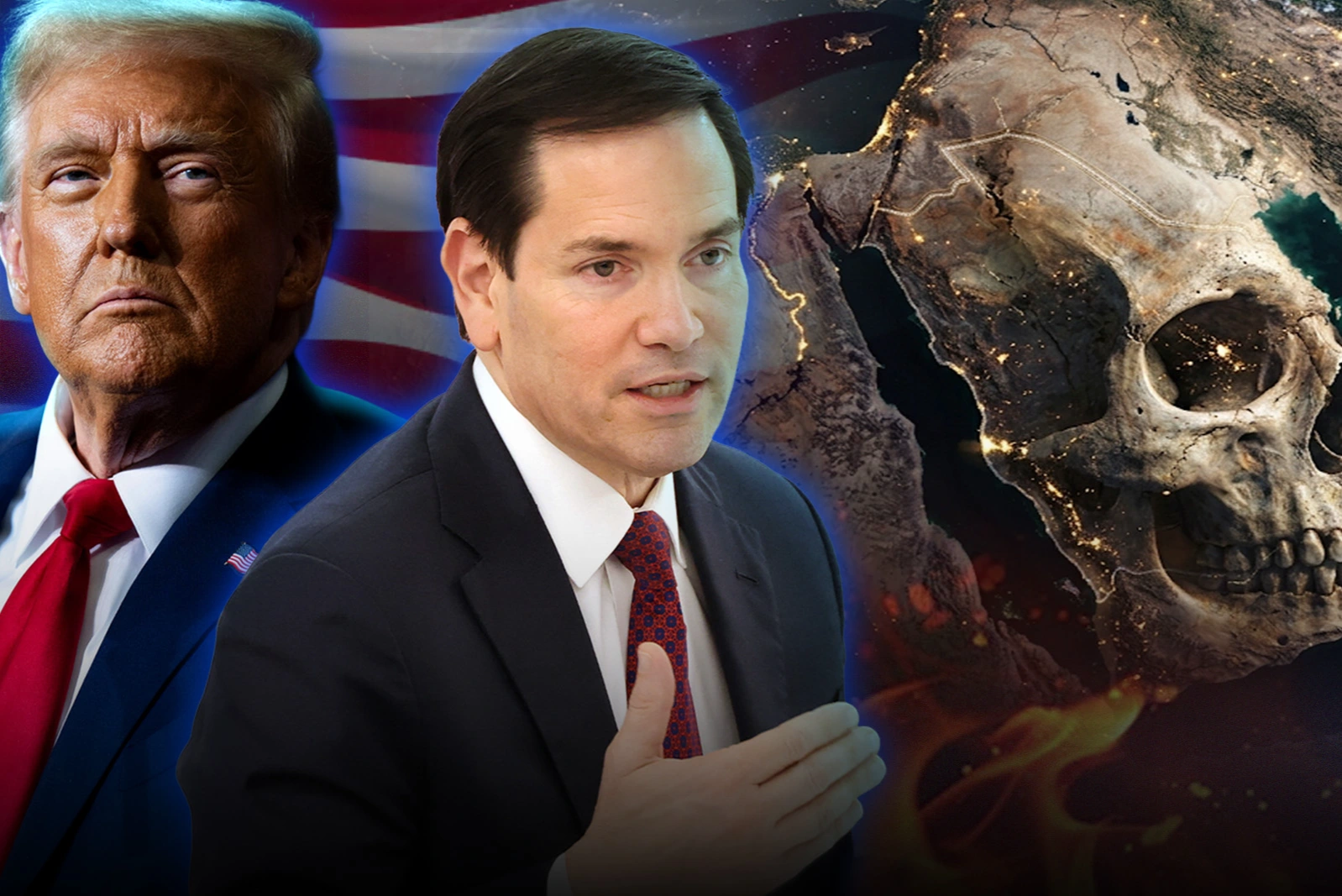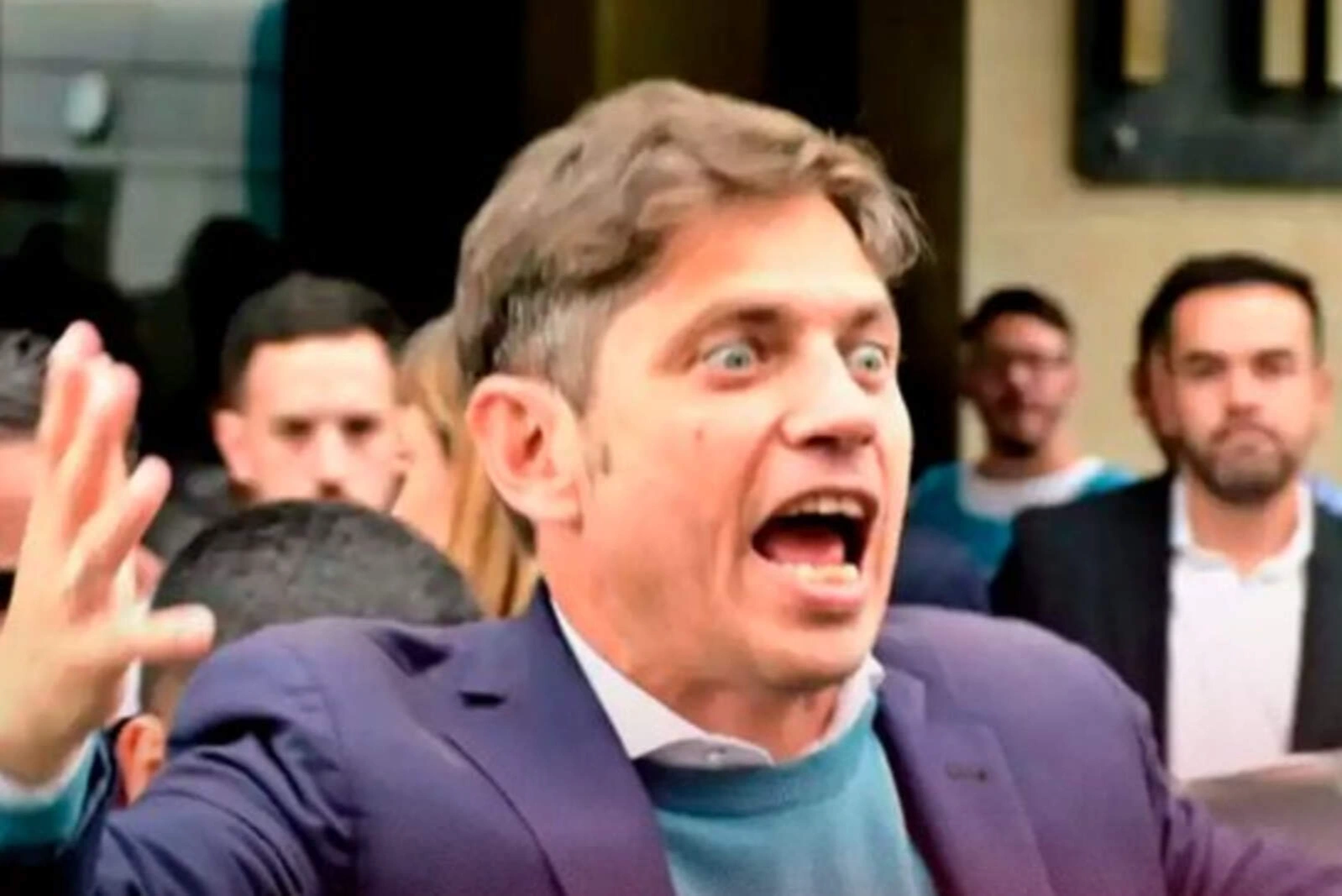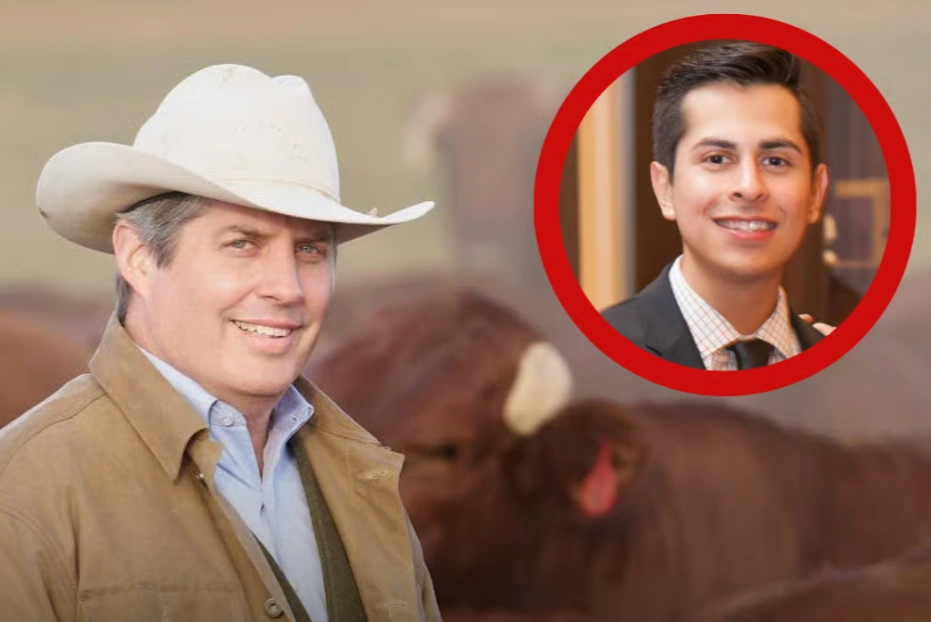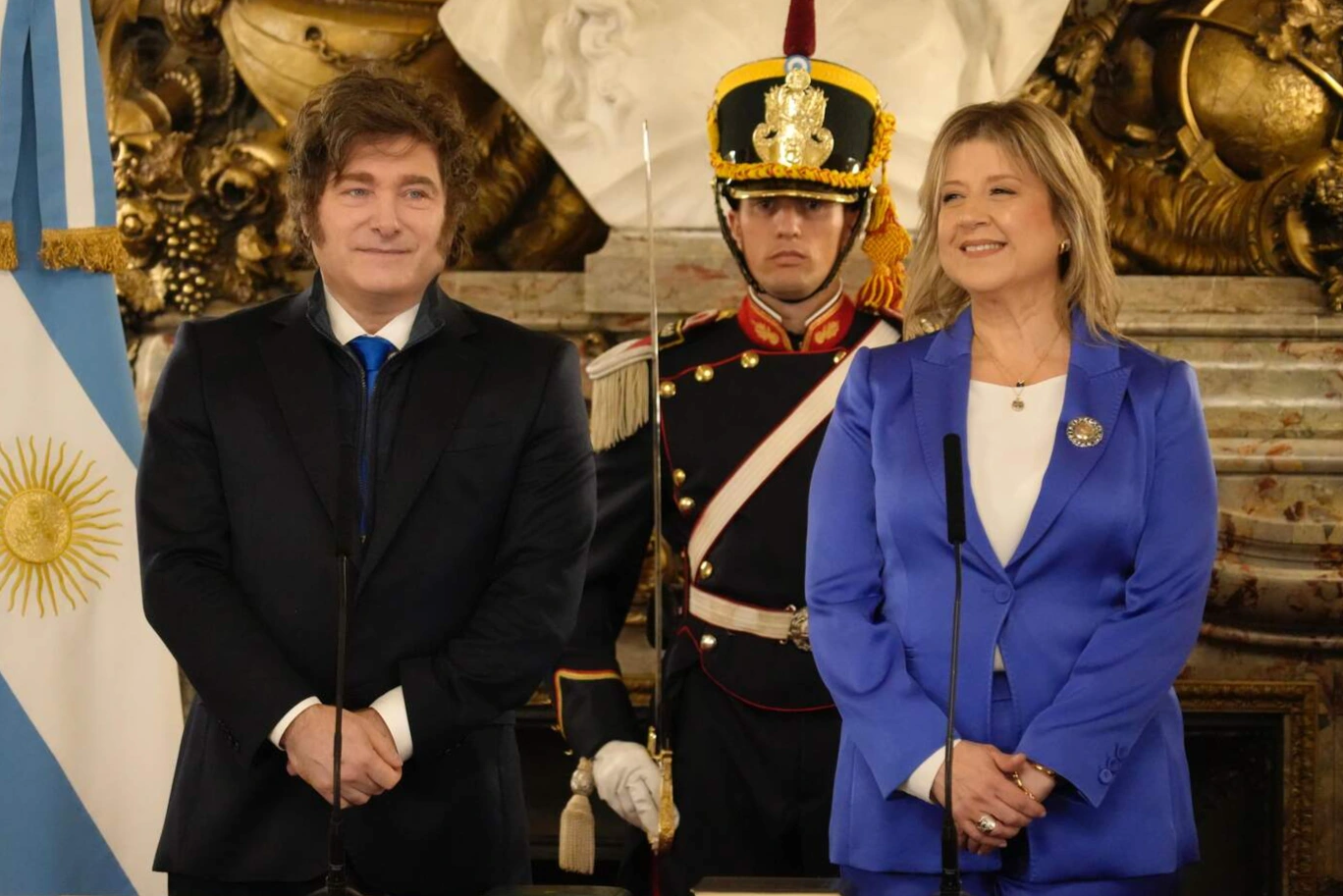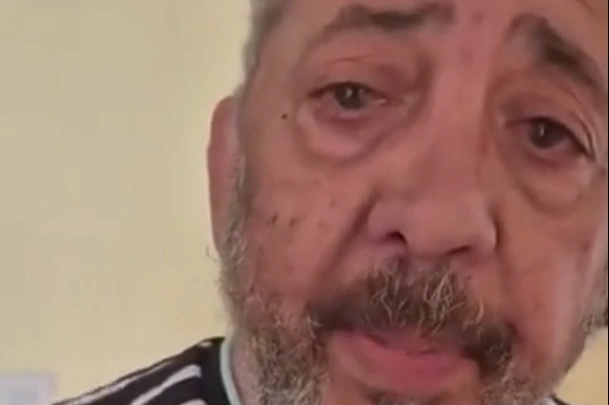In a context of deep political weakness of Buenos Aires Peronism and in the face of the overwhelming advance of the national government of Javier Milei, former president Cristina Fernández de Kirchner reappeared with a move that exposed the leadership crisis within the group. In a meeting held this Thursday afternoon, the leader of La Cámpora met with Buenos Aires governor Axel Kicillof to outline a precarious unity strategy ahead of the September 7 legislative elections.
The brief official statement from the Buenos Aires Governor's Office confirmed the meeting without further details: "Late this afternoon, Axel Kicillof and Cristina Fernández de Kirchner met. A group made up of representatives from the different factions will be formed to try to build a strategy that leads to joint lists." However, the clarification came quickly: "This doesn't mean that everything is already settled or that unity is a fact."
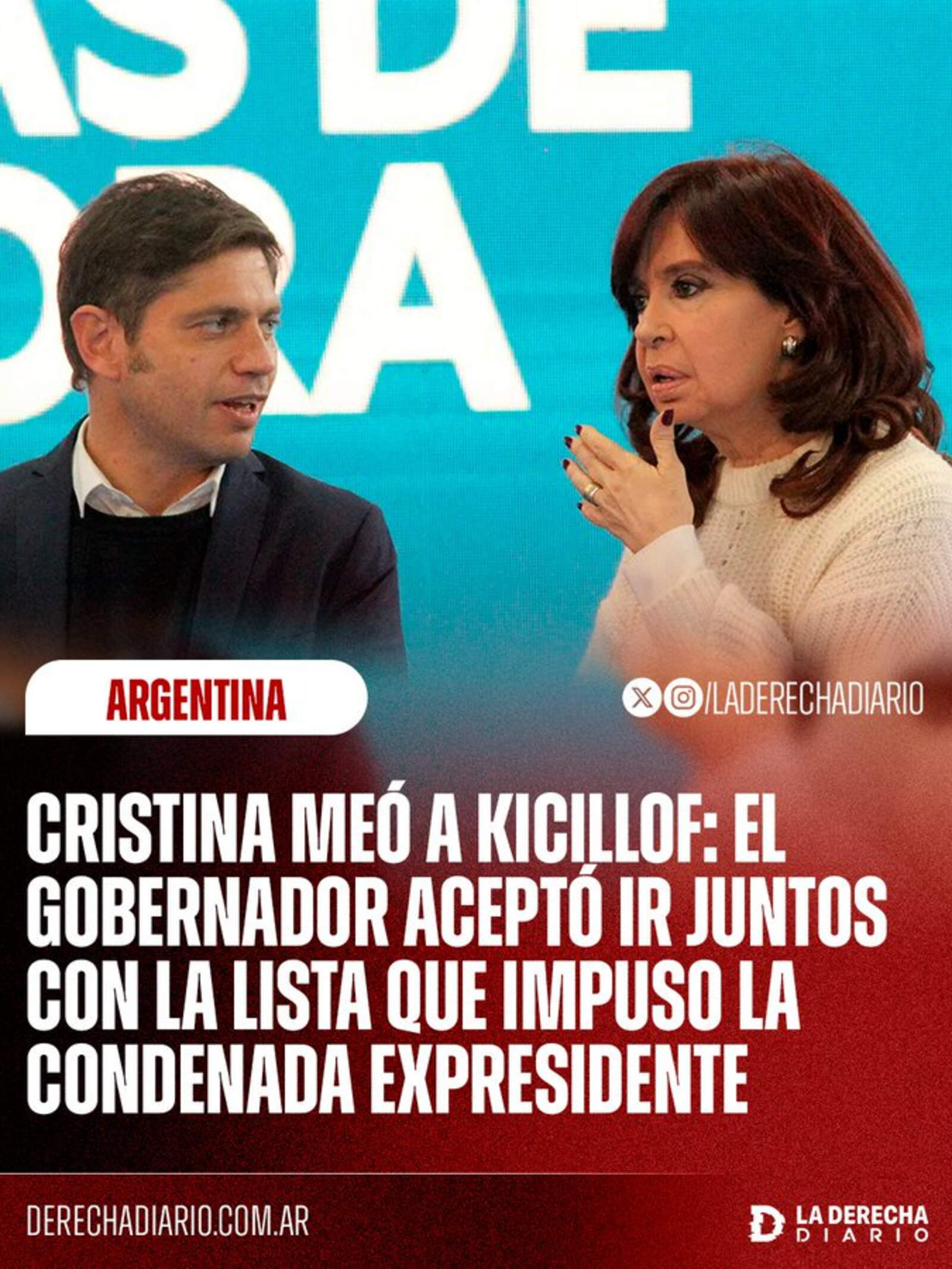
Behind that diplomatic statement lies a much harsher reality: Cristina Kirchner conditioned the current governor to accept her candidacy as top candidate in the third electoral section, the most relevant for historic Peronism. The decision exposed Kicillof's weakness, who had to accept "going together to defeat Milei", according to sources close to the inner circle of the PJ. The former president, who faces serious legal cases and even a conviction, returns to the electoral arena with the sole objective of avoiding a crushing defeat for the group that once dominated Argentine politics.
The rapprochement between Cristina Kirchner and her former Economy Minister came after more than five months of distance and strong tensions. CFK's candidacy in the third section pushed the governor into an uncomfortable negotiation, pressured by the growing national alliance between La Libertad Avanza and PRO, which threatens to sweep the polls. A division within Peronism would doom the group to a historic failure.

